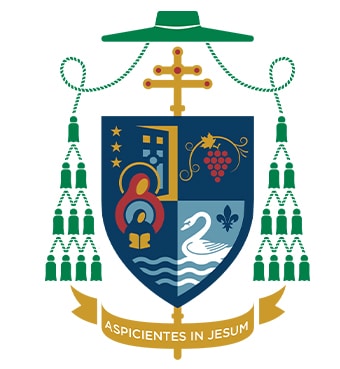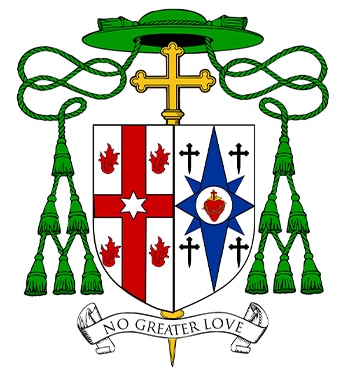The Texas Heartbeat Bill: A Historic Moment for the Pro-Life Movement

Teaching is a profession that can age you quickly. The generations of students fly by every four years, not in decades. I have found myself repeatedly asked to give a talk on “The History of the Pro-life Movement” to high school and college students who are ardent in their concern for women in difficult pregnancies and devoted to praying every week outside of their local abortion clinics. They want some sense of perspective. As the Texas Heartbeat Bill goes into effect, the celebration can be a moment for looking back and taking stock of all that the pro-life movement has come through.
The pro-life movement that emerged in the 1970s, in response to the legalization of abortion with Roe v. Wade in 1973, is ancient history to millennials. The early movement was characterized by the ways that it grew out of the Civil Rights movement. It was a scrappy, counter-cultural movement. It took its tactics and sometimes its leaders from the 1950s movement for desegregation in the South following Brown vs. Board of Education (1954), and the 1960s desegregation in the Northern cities following the Civil Rights Act (1964).
Following Martin Luther King’s example, the movement adopted the tactics of civil disobedience and sit-ins, as in the work of Operation Rescue. Fr. Richard John Neuhaus had worked with Martin Luther King; and Fr. Robert Hagerty, the first priest to lead a busload of parishioners from the Chicago area to the pro-life march, had sung “We Will Overcome” arm-in-arm with King in Soldier’s Field.
Part of the lore of my own school, the University of Dallas, is that the famous and flamboyant Professor “Fritz” Wilhelmsen took the entire student body to a sit-in in front of the first abortion clinic to open in Dallas—the city where the Roe v. Wade case was initiated. Wilhelmsen was a famous scholar of the philosophy of St. Thomas Aquinas, a proponent of the passage from St. Thomas that Martin Luther King Jr. had cited in his famous Letter from Birmingham Jail: “An unjust law is a law that is not rooted in eternal law and natural law.” The conversion testimony of prominent abortionist Bernard Nathanson and the use of incredible, graphic footage of an abortion in process in The Silent Scream was common in early pro-life literature and presentations.
Read more at Crisis Magazine







